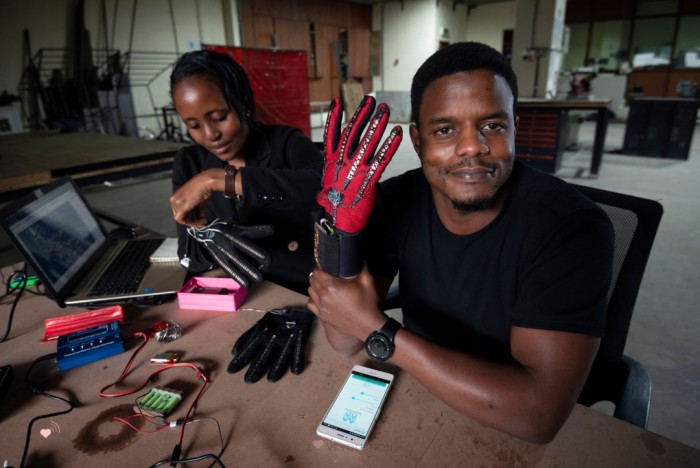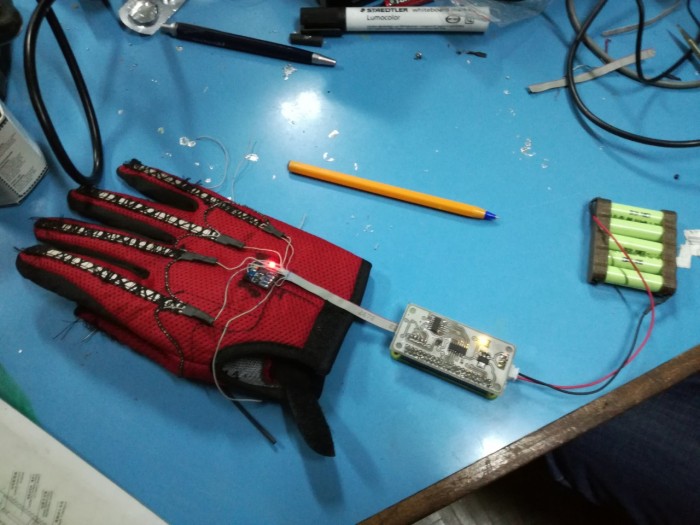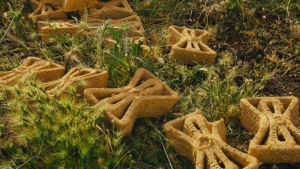According to the World Health Organisation about 400 million people worldwide suffer from a variation of hearing and speech impediments.
Many of these people use sign language in order to communicate with those around them. However, the difficulties lie in the fact that the greater public with perfect hearing are unable to understand sign language.
Kenyan Software engineer and Intel programme manager Roy Allela recognised this problem when trying to communicate with his deaf niece. He was able to communicate with her because, like most sign language users, they are capable of reading lips, but he was unable to understand when she was trying to communicate with him. These interactions then spurred Allela on to invent Sign-IO.
Sign-IO is a smart glove that reads the hand movements used in sign language and converts them into audio speech in real time. According to Allela the aim of the glove is to help those with a hearing and speech impediment communicate with those around them.
The glove is made up with sensors that are stitched into each finger. These sensors pick up the finger movements of the signer, transmits this information via Bluetooth to a smartphone device and then vocalises the words being signed in real time with an accuracy of 93%.
One of the features integrated into the glove is that it allows people to speak as fast or as slow as they like in order to help those who are either just learning to sign or those who have been doing it for years. The application also allows users to change the gender, language and pitch of the audio voice.
Allela tested his project at a special needs school situated in the rural area of Migori County, Kenya. His dream is to see the Sign-IO glove in all special needs schools across Kenya.
For his work done ne the Sign-IO glove, Allela won the Hardware Trailblazer award at the American Society of Mechanical Engineers Innovation Showcase (ISHOW) competition. He has also been shortlisted for the 2019 Africa Prize for Engineering.
Read more:
Inclusive, human-centred furniture for the disabled
Interactive robot helps disabled children develop
Designing functional fashion for disabled bodies







